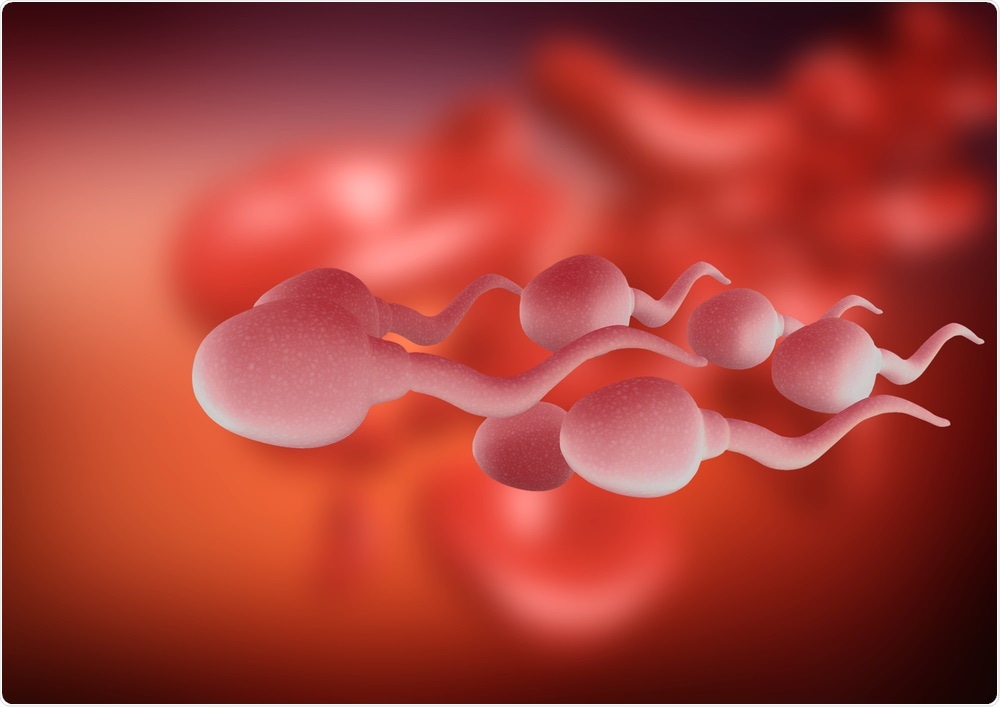Men who have surgery for early-stage testicular can safely undergo one round of post-operative chemotherapy or radiotherapy without it resulting in a long-term negative effect on their sperm count, according to a new study.
 Adao | Shutterstock
Adao | Shutterstock
Lead author Kristina Weibring (Karolinska University Hospital in Stockholm) says the finding should provide some reassurance to testicular cancer patients who want to father children at some point but worry that their treatment will cause infertility.
Testicular cancer is the most common form of cancer to affect men aged between 15 and 40. Once it has been diagnosed, patients undergo a procedure called an orchiectomy - surgical removal of the affected testicle. To reduce the risk of relapse, patients then undergo chemotherapy or radiotherapy.
Clinicians already know that among men with more advanced cancer, several rounds of chemo or high-dose radiotherapy can reduce sperm count, but it has been less clear whether a single round of either treatment would cause a similar problem in men with early-stage disease.
As recently reported in the Annals of Oncology, 182 participants (aged between 18 and 50) with early-stage testicular either received radiotherapy or one round of chemotherapy after undergoing orchiectomy.
After the surgery, they provided sperm samples before they had received any further treatment, and then at 6, 12, 24, 36 and 60 months after completing the therapies.
Weibring and team report that there was no clinically significant negative long-term impact on sperm count or concentration, irrespective of which type post-operative treatment was administered.
This is important to find out, since treatment with one course of postoperative chemotherapy has been shown to decrease the risk of relapse substantially, thereby reducing the number of patients having to be treated with several courses of chemotherapy.”
Kristina Weibring, Lead Author
Commenting on the study, Editor-in-chief of Annals of Oncology, Fabrice André, says the discovery offers hope for thousands of patients across the world, but that it is important to remember that these are preliminary findings and will require further validation:
The next step will be to establish how to predict the toxic effects on sperm count of different chemotherapy regimens."
Fabrice André